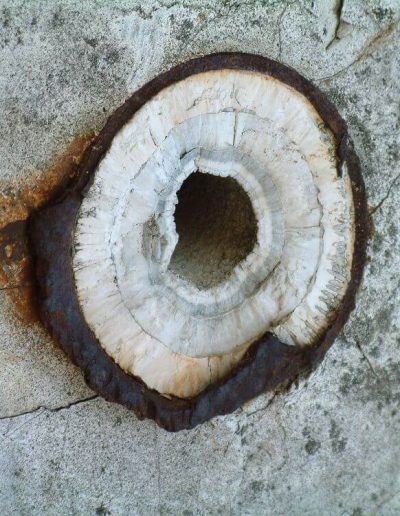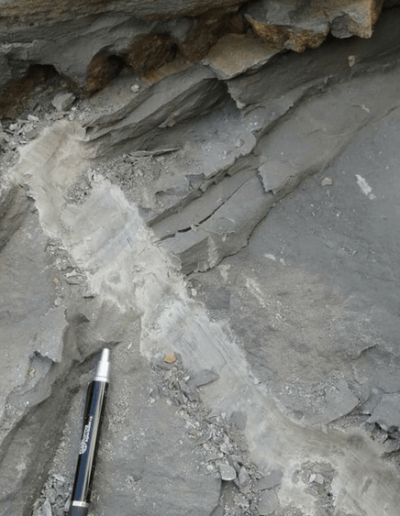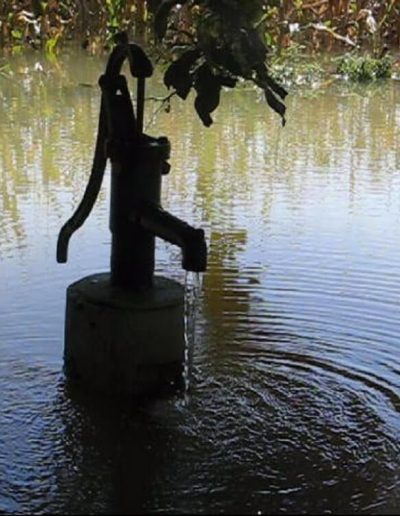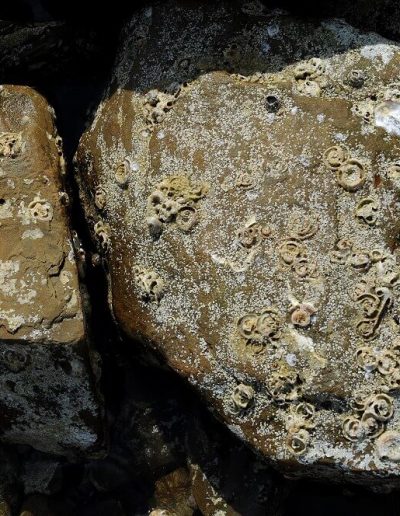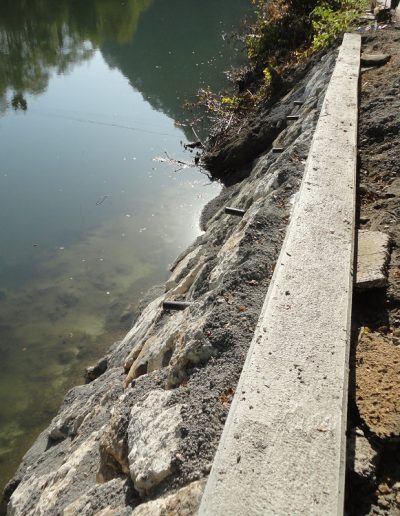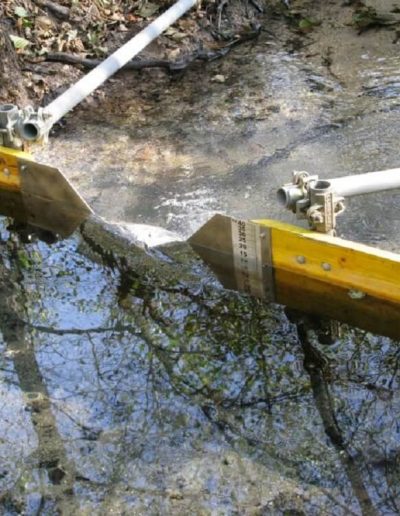HYDROGEOLOGY
We offer field measurements of all kinds, production of basic and specialized reports/elaborations/studies.
HYDROLOGY
Based on the hydrological and hydraulic properties of natural watercourses, we determine the flood risk of the area.
GEOLOGY
We expertly inspect and map the terrain, carry out expert geological control for various types of construction or implementation of earth and geotechnical works.
GEOMECHANICS
We carry out geological-geomechanical inspections, prepare geological-geomechanical and geotechnical studies for high-rise and low-rise buildings.
GEOTECHNICS
We prepare geological-geotechnical reports for obtaining a building permit for demanding, less demanding, undemanding and simple buildings.
MONITORING
In the field of hydrological monitoring, we plan groundwater monitoring in accordance with the legal requirements of the Water Act.
WE COMPLY WITH YOUR WISHES AND AT THE SAME TIME WE PRESERVE THE ENVIRONMENT.
ARE YOU INTERESTEDFREQUENTLY ASKED QUESTIONS
WHAT IS AN EROSION STUDY AND WHY DO WE NEED IT?
Elaboration of erosivity is geological or a geomechanical report that, in addition to the geological composition of the soil where you will build, includes measures to eliminate erosivity during your construction. The report must be attached to the application for obtaining a water permit, if the area of the intended construction lies in an erosive zone.
WHAT IS A GEOLOGICAL – GEOMECHANICAL REPORT AND WHY DO WE NEED IT?
The geological-geomechanical report is an elaboration that covers the geomechanical composition and bearing capacity of the soil. A geomechanical report is prepared by a geological engineer or a geomechanic who, on the basis of the survey and geomechanical measurements, assesses the depth expected for the bearing capacity of the foundation soil in the field in a sounding excavation. In addition to the load-bearing capacity, it also performs a soil permeability test, if storm water drainage is planned for the building. On the basis of geological-geomechanical data, the designer of building structures can determine the appropriate foundation of the building, according to the expected load.
IS THE GEOLOGICAL- GEOMECHANICAL REPORT REALLY NECESSARY?
A geological-geomechanical report is not absolutely necessary, but the decision of the building construction designer is recommended. It is important that the foundations are examined in detail and that the foundation method is properly constructed, because after the construction of the building, the rehabilitation of the foundations is more difficult and significantly more expensive.
WHAT IS AN EXCAVATION TEST DIG?
This is an excavation carried out by a machinist (excavator) for the needs of geological-geomechanical investigations The depth of the excavation depends on the geological composition of the soil and the depth of the foundation of the intended object. It is important that the excavation is carried out to a depth where a suitable foundation layer is located.
HYDROGEOLOGICAL REPORT BECAUSE OF SINKING NEXT TO THE STRUCTURE!
A hydrogeological report is prepared by a hydrogeologist. In order to make it, it is necessary to carry out a judicial excavation in the area where the construction of the sinking plant is planned, where the sinking test will be carried out. Based on the seepage test, the permeability of the soil is determined and the size of the seepage chamber is dimensioned.
WHAT DO I NEED IN ORDER TO BUILD A DRILLING WELL?
First of all, it is necessary to check the area where you want to make a well, because you cannot make it everywhere. It is necessary to check if the area lies in a water protection zone and in which one. As far as the area lies in the water protection area, it is necessary to check what is allowed in the given area according to the Water Act If the construction of a pumping well is permitted, and your treatment area is located in a water protection area, you first need: a permit for the investigation of groundwater and a water consent. After obtaining the mentioned documents, a pumping well can be constructed with the necessary hydrogeological investigations. Next comes the water permit, for which (in addition to other documentation) a hydrogeological report with data from a pumping test prepared by a hydrogeologist must be attached. For water permits and water consents, see also Questions and answers
If you did not find the answer to your question, please contact us,our customer support will be happy to help you.





